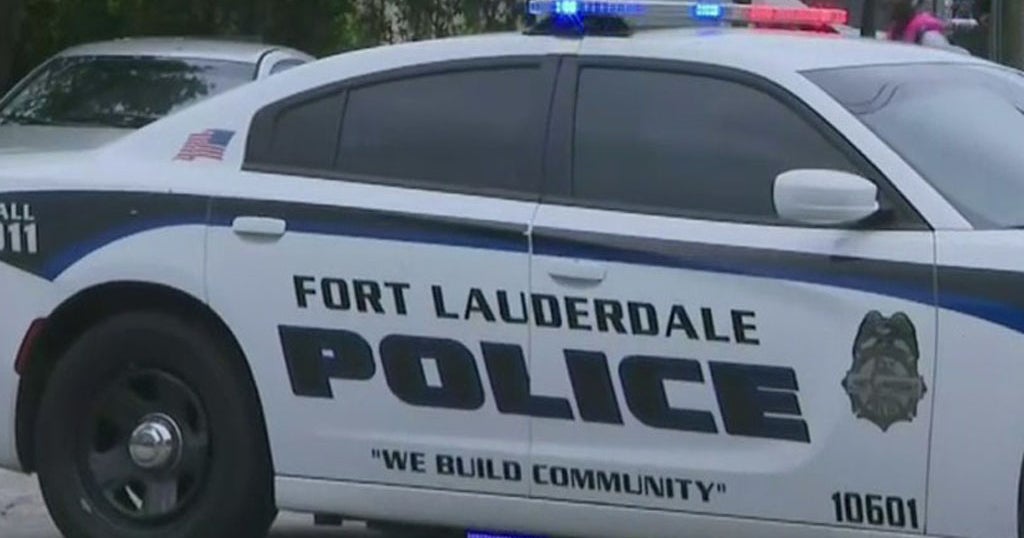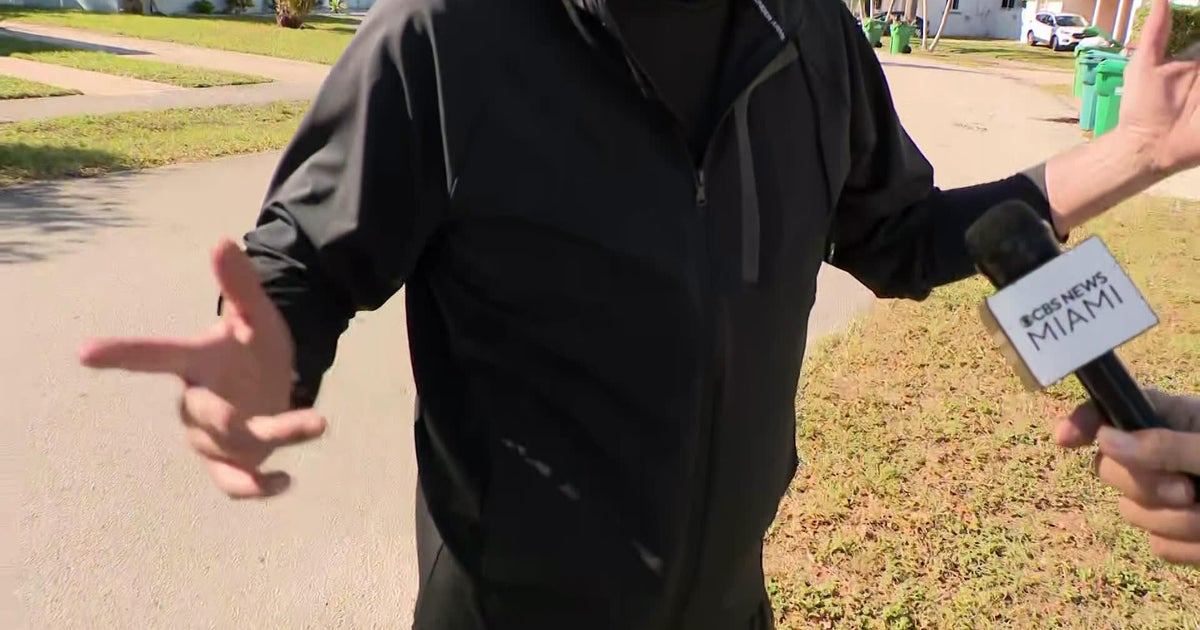'We Will Get Our Chance': Miami's Frank Rubio On Becoming NASA Artemis Astronaut Graduate
MIAMI (CBSMiami) -- Eleven Americans and two Canadians are now ready for historic missions to space including Miami's own Dr. Frank Rubio. The Miami Sunset Senior High graduate spoke CBS4's Ty Russell over FaceTime.
"I helped support the NASA team and the organization, pushing the envelope further in space exploration. That's a pretty unique privilege," Rubio said.
Rubio, along with the other astronauts, are a part of the first class to graduate NASA's two year Artemis program. Rubio was one of 18,000 applicants selected. Their graduation ceremony was Friday at Johnson Space Center in Houston.
"In the year 2024, we are going to take not only the next man but the first woman to the surface of the moon by direction of the President of the United States," NASA Administrator Jim Bridenstine said.
WEB EXTRA: New Class Of Astronauts Graduate
They are now eligible for spaceflights to the International Space Station, the moon, and even mars.
Dr. Francisco Rubio is a US Army lieutenant colonel who graduated from the U.S. Military Academy at West Point and earned a Doctorate of Medicine from the Uniformed Services University of the Health Sciences. Prior to attending medical school, he served as a UH-60 Blackhawk helicopter pilot and flew more than 1,100 hours, including more than 600 hours of combat and imminent danger time during deployments to Bosnia, Afghanistan, and Iraq. Rubio is a board certified family physician and flight surgeon. At the time of his selection, he was serving in the 10th Special Forces Group (Airborne).
"The newbies are not the first in line. That's okay. We are here to support and do our part. Someday, we will get our chance," Rubio said.
Rubio is not sure if he will be on the first mission, but he says there are big plans for the future, like staying on the moon for a while.
"Going to the moon for a few days is just very different from going there for a few weeks or a few months. Eventually, possibly, living there long term," Rubio said.
Since South Florida has a large minority population, Rubio would like to see more teens involved in STEM or science, technology, engineering, and math programs to prepare for a possible career as an astronaut to increase diversity.
"I think we need those communities in Space. We need those communities in STEM. Continue to work hard in math and science and push yourself," Rubio said.
Rubio and the other graduates will still continue training and support astronauts who are currently in space.



